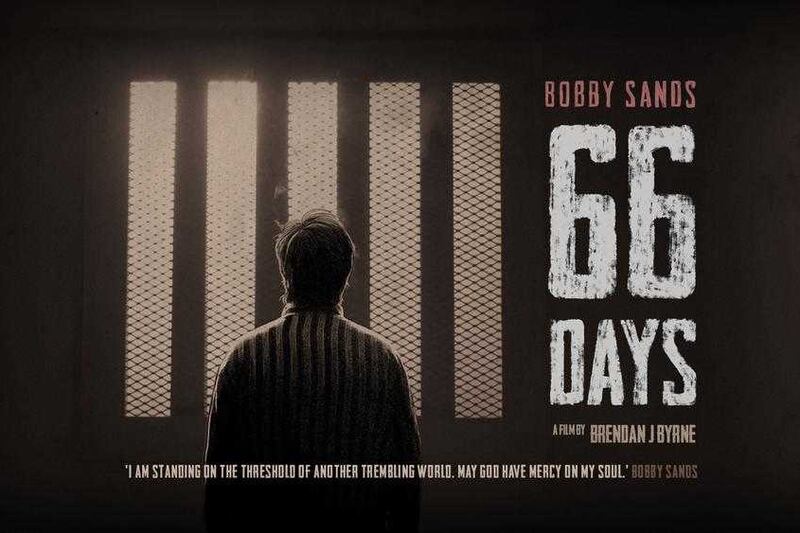A NEW film about Bobby Sands has recorded the Republic's highest opening weekend returns for an Irish-made documentary.
According to Wildcard Distribution, which released the documentary into cinemas in the Republic, the film has so far taken in €50,933 from its opening weekend, with not all returns yet recorded.
The documentary played in a total of 16 cinemas in the Republic and nine in the north.
It surpasses the previous record holder, The Queen of Ireland, and makes it the second highest documentary opening of all-time in the Republic, after Michael Moore's Farenheit 911.
In the north, it came fifth in the box office chart for opening weekends, with more cinema-goers watching the documentary than went to both Star Trek and Ghostbusters.
Written and directed by Ardoyne-born Brendan J Byrne, Bobby Sands: 66 Days is based around extracts from the late republican's prison diaries as read by west Belfast actor Martin McCann.
The 27-year-old died after 66 days on hunger strike in the Maze prison in May 1981.
It employs a combination of archive news footage, custom animation and dramatic reconstruction to depict Sands's incarceration and set his actions within a wider political and historical context.
Patrick O’Neill, managing director of Wildcard, said: "It's a great achievement for Bobby Sands: 66 Days to break this Box Office record, and very rewarding for everyone at Wildcard and Fine Point who worked so hard on the film.
"Brendan and Trevor are great film makers, and they have made a stunning film about a true Irish icon that is resonating with Irish audiences across the island of Ireland."
Unionists reacted with anger to the news last month that the film had received tens of thousands of pounds in public funding from the BBC and Northern Ireland Screen.
Northern Ireland Screen revealed they handed £76,000 to the project, while the BBC did not disclose how much it contributed.




